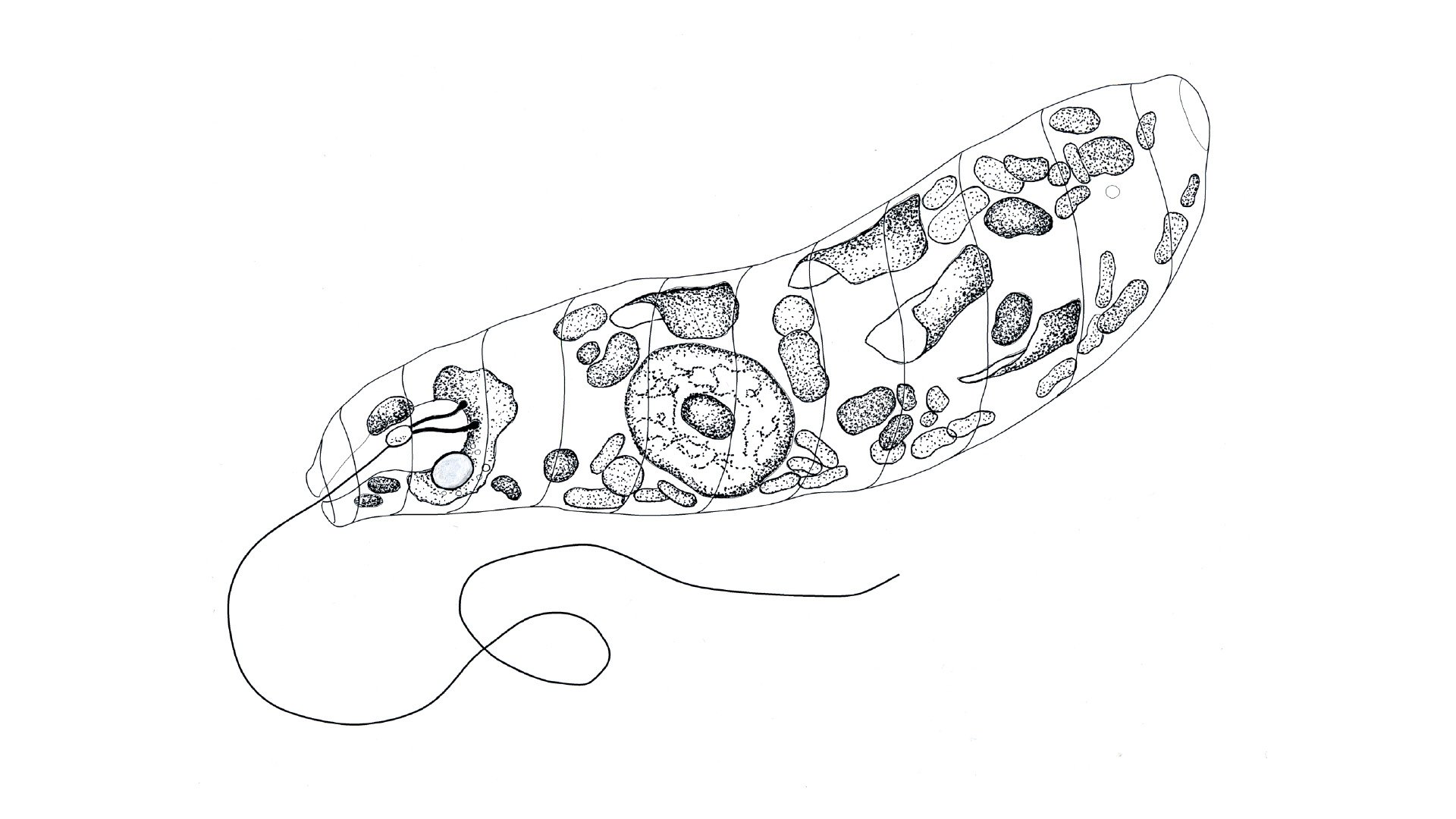An organism with a cell nucleus is called a eukaryote, from the Greek ‘eu’ (true) and ‘karyos’ (kernel).
An organism with a cell nucleus is called a eukaryote, from the Greek ‘eu’ (true) and ‘karyos’ (kernel).
From apes to algae
Eukaryotes can be unicellular organisms, such as yeasts and algae, or multicellular organisms, such as humans, animals and plants. The eukaryotes make up one of the three domains into which all organisms on earth are divided. Theirs is the eukarya domain. The other two are the bacteria and the archaea domains.
Exception to the rule
Mankind belongs to the eukaryotes. Almost every cell in our bodies has a nucleus. Only our red blood cells have no nucleus.

